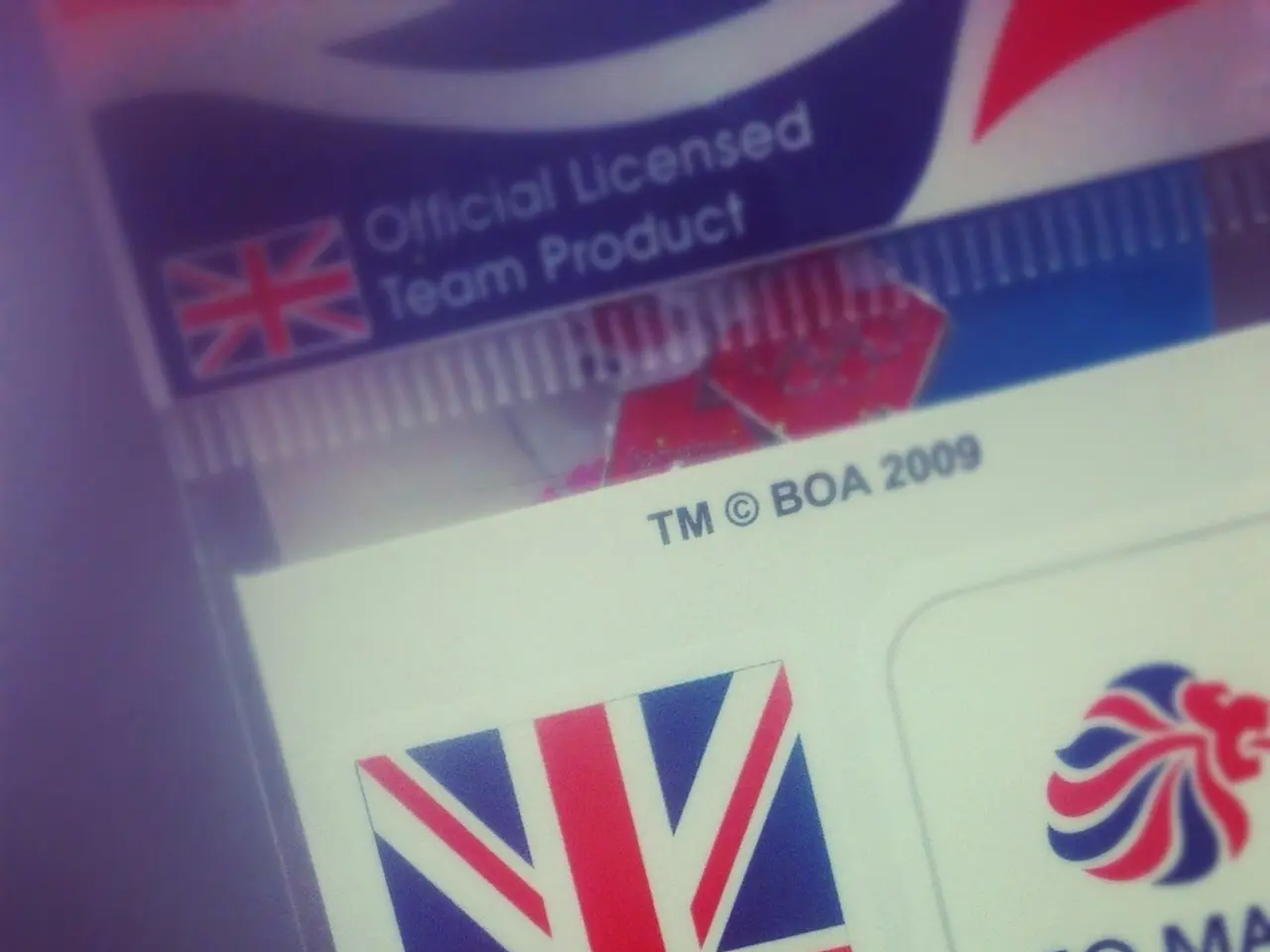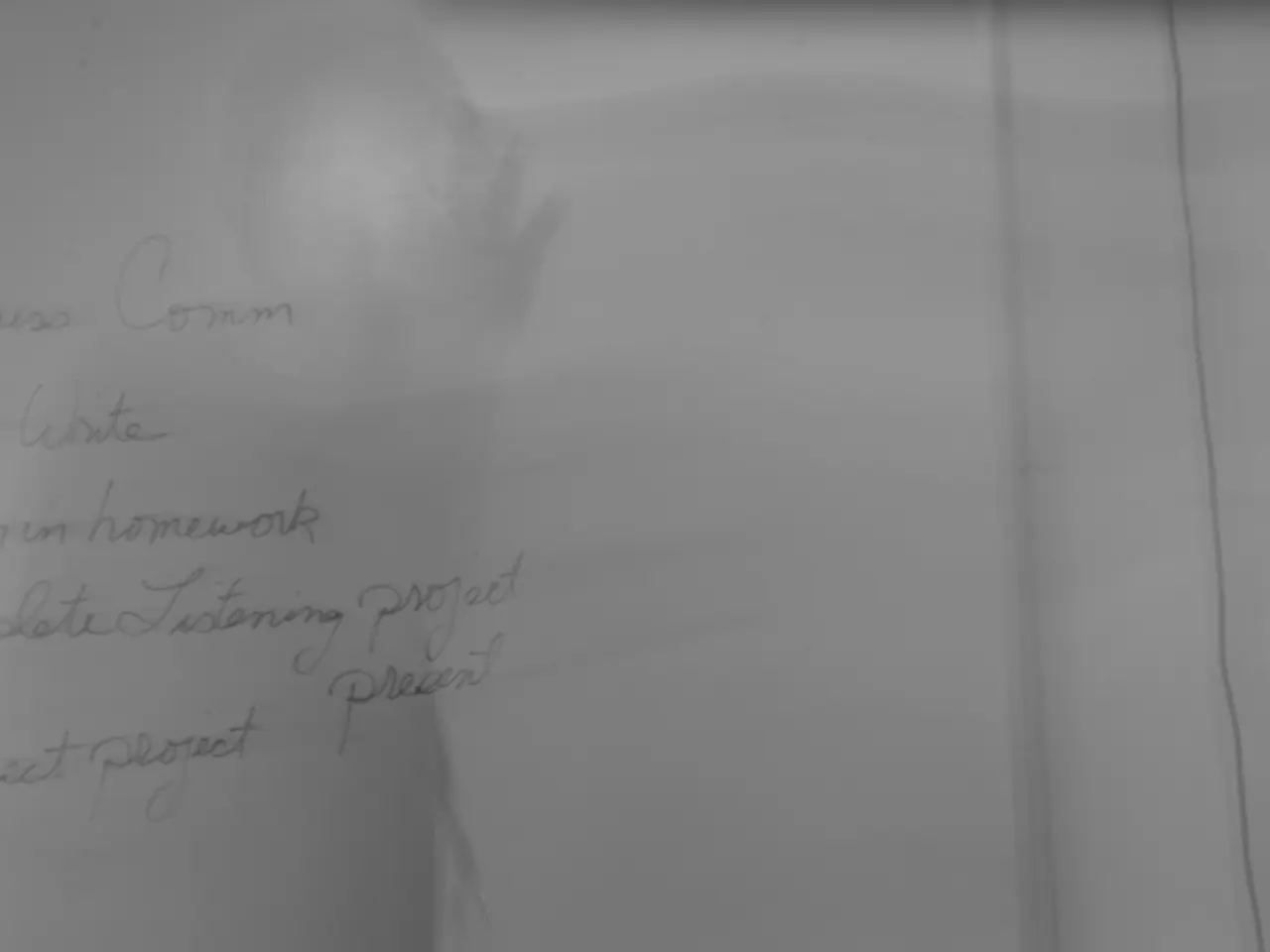Property Tax Obligation in Italy: Who Exactly is Responsible?
Busting the IMU Baffle: Who Exactly Owes Italy's Main Property Tax?
Hey there! Let's talk about Italy's main property tax, the IMU, or Unified Municipal Tax. It replaced the local ICI levey in 2012.
The IMU applies to both private and commercial properties, building areas, and agricultural lands. The tax amount varies depending on the property type, value, and location. It can be paid in two installments or a single annual payment.
Homeowners often find the IMU rules confusing as they've changed over the years. It's essential to calculate and pay the tax independently. You won't get a bill from local authorities for the amount you need to pay.
IMU: Who's on the Hook?
IMU typically applies to:
- Agricultural land (or terreno agricolo)
- Building land (area fabbricabile)
- Private houses other than your main residence (or prima casa), such as second, third, fourth homes, etc.
- Luxury dwellings (case di lusso) classified under Italy's cadastral categories A1 (stately homes), A8 (villas), or A9 (castles), regardless of whether they are your main residence or not.
In essence, besides agricultural and building land owners, IMU is owed by all second-home owners in the country and owners of properties categorized as 'luxury' under Italy's cadastral system. The tax doesn't apply to main residences (prime case) but homeowners must be Italian residents and registered under Italy's national registry (Anagrafe) to qualify for this exemption.
Foreign residents owning property in Italy will also need to pay IMU.
Good to Know:
- Some homeowners may be eligible for IMU exemptions or discounts depending on the local municipal regulations. These may include retirees residing abroad and pensioners, provided they have a hybrid "Italian-foreign" pension and their foreign residence nation has pension totalisation agreements with Italy.
- If you're unsure about your eligibility for exemptions or discounts, consult a qualified accountant (commercialista) to ensure accurate calculations and filing.
Calculating and Paying IMU
Calculating IMU can be a complicated process, especially for those with little or no experience with the tax. To make things easier, consider consulting a qualified accountant (commercialista).
Generally, you'll need to know the cadastral value, or valore catastale, of your property. For instance, private residential buildings and flats have a coefficient of 160. You must increase the value by 5% and multiply it by the relevant coefficient to get your property's taxable base. The exact amount you'll pay depends on the municipal rate applied and can range from 0.5% to 1.06% of the taxable base.
IMU must be paid via tax form F24, which can be found and submitted at most bank branches and post offices in Italy, or online through participating banks. If you prefer, you can also ask an Italian accountant to complete and submit the form for you.
Penalties for Missing IMU Payments
Italy takes IMU payments seriously. Late filing can result in fines of up to 25% of the owed amount, while failure to pay can lead to enforced credit recovery procedures from local authorities. On the bright side, Italy provides a system known as ravvedimento operoso, or "active amendment," which allows taxpayers to self-report and quickly rectify delays in IMU payments in exchange for significantly reduced fines.
Keep in Mind:
Our website cannot provide individual tax advice. For more information on the Italian tax office's website or independent advice from a qualified tax professional, consult the appropriate resources. Stay tuned to our property section for all the latest updates, news, and practical advice on owning property in Italy!
Now, join the conversation below and share your thoughts, experiences, and questions regarding Italy's property taxes, including the IMU. If you have a question or suggestion for our journalists, don't hesitate to email us at news@our website. Stay civil, constructive, and on topic, and don't forget to review our terms of use before participating in the comments section.
Login here to leave a comment.
Discover More
Taxes on a Second Home in Italy
What is an Italian Commercialista and Do You Really Need One?
Comments (2)
Join the conversation in our comments section below!
Related Articles
- Taxes on a Second Home in Italy
- What is an Italian Commercialista and Do You Really Need One?
- Foreign residents, like EU citizens or non-EU residents, owning property in Italy are required to pay the IMU (Unified Municipal Tax).
- For those looking for tax exemptions or discounts on IMU, consult a qualified accountant, as some citizens residing abroad, retirees, and pensioners with specific circumstances may be eligible.
- IMU is paid via tax form F24, accessible at most bank branches, post offices, or online through participating banks, and can also be completed and submitted by an Italian accountant.
- If a taxpayer misses a payment or fails to file on time, fines of up to 25% of the owed amount could be incurred, but Italy provides a system called ravvedimento operoso, which allows for the reduction of penalties through self-reporting and amendment of delays.




